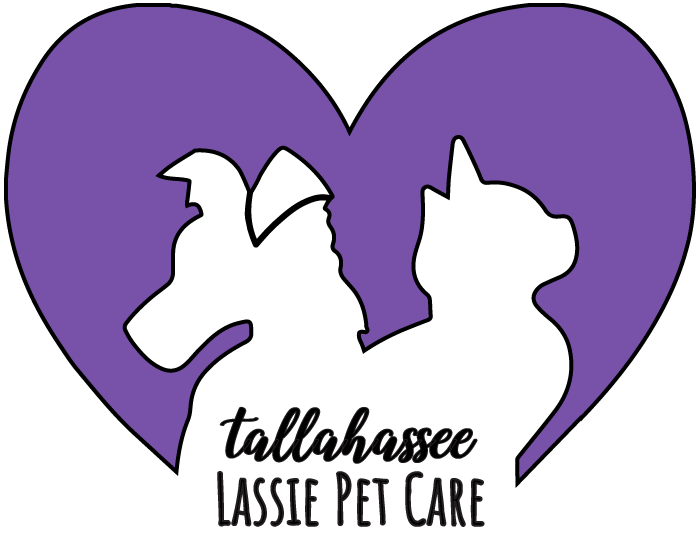Can my dog eat that?!
The holidays are here! I am sure you have seen the infographs passed around about what your dog and cat can, and cannot eat. We will discuss those foods, and why they’ve landed on “do-not-eat” lists for your pets.
Let's go!
Blanket disclaimer – I am not a veterinarian! Your best source of information will be your veterinarian, or the animal poison control hotline.
Before giving human food to your pet, you will definitely want to make sure the food is not spiced. No salt, pepper, sugar. You will also want to make sure that you introduce new foods very slowly at a time, so as not to cause gastrointestinal upset. With each new food, you will need to supervise your pet in case of allergic reaction, and always have the Animal Poison Control phone number.
"Are you sure my pet can’t have that?"
Many Infographs do not adequately capture the full picture. For instance, your pet CAN have turkey, so it is on a “yes” side of the equation, but they should never have turkey that is spiced, salted, etc., and never turkey bones.
Please see our blog about toxicity for a list of common toxic substances to dogs/cats for all substances pertaining to pets. For quick reference, keep this most important information to know for what your dog can and cannot eat.
Be well.
Carla
Carla McClellan, MPH, CPPS, is the owner of Tallahassee Lassie Pet Care, a local pet concierge service in Tallahassee, FL, providing dog walking, pet sitting, and more to the entire Big Bend Region. She is also on the board of Leon County Humane Society, Founder of North Florida Association of Pet Services, and Regional Director for Florida Pet Services Association. To contact Carla, please email or call.
The CAN list* - Note- all foods on can list should be proceed with caution if it is a new food to your dog. Any of these foods can cause gastrointestinal upset if given too much at one time.
Lean Meat: Cooked chicken, turkey, and beef without seasoning or bones. No-sodium broths.
Vegetables: Carrots, green beans, peas, and pumpkin (plain, no sugar added).
Fruits: Apples (without seeds), blueberries, strawberries, and watermelon (seedless), pumpkin without spices and sugars.
Grains: Cooked rice, pasta, and oatmeal (plain, no added ingredients).
Eggs: Cooked eggs without any seasoning.
As mentioned above, please proceed with caution, just because your dog can have it, doesn’t mean your dog should have it. You may give your dog a tiny bit of whipped cream, but you do not want him to have the whole can!
More importantly are the foods dogs cannot have, ever:
Chocolate: Contains theobromine, toxic to dogs.
Grapes and Raisins: Can cause kidney failure.
Onions and Garlic: Can damage red blood cells.
Xylitol: Found in sugar-free gum and some peanut butter, highly toxic.
Avocado: Contains persin, which can be harmful to dogs.
Alcohol: Can cause intoxication, coma, or even death.
Bones: Cooked bones can splinter and cause choking or internal damage.
Ham, other fatty meats- can cause organ damage, gastritis, pancreatitis, etc.
Before making any decisions about feeding your pet human food, you should always consult a vet or nutritionist, and also check with ASPCA for their latest resources of animal toxicity. Additionally, it’s always a good idea to keep the Pet Poison Hotline on hand.
Animal Poison Hotline 1-855-764-7661
Always. Be. Cautious.
Carla


